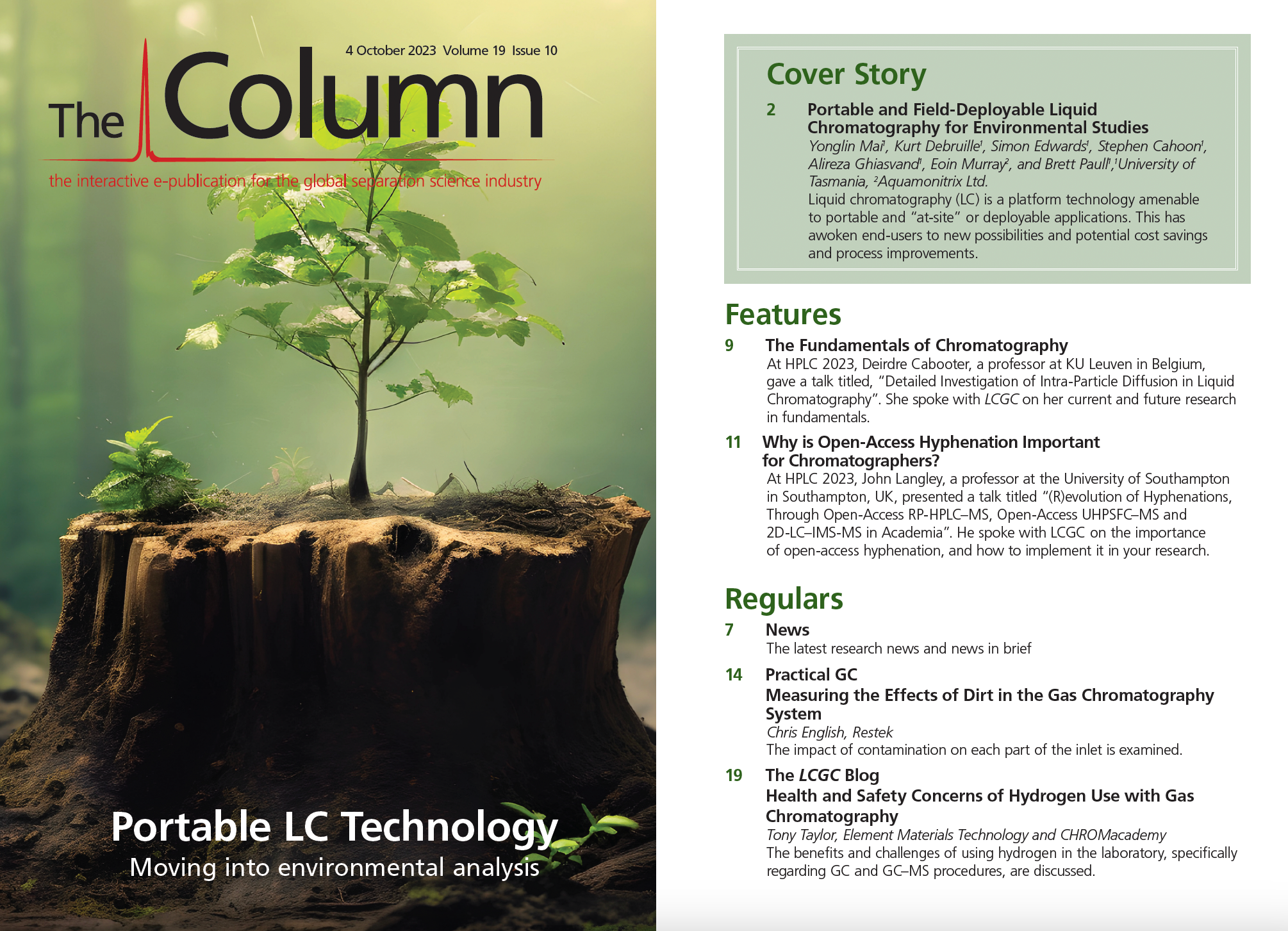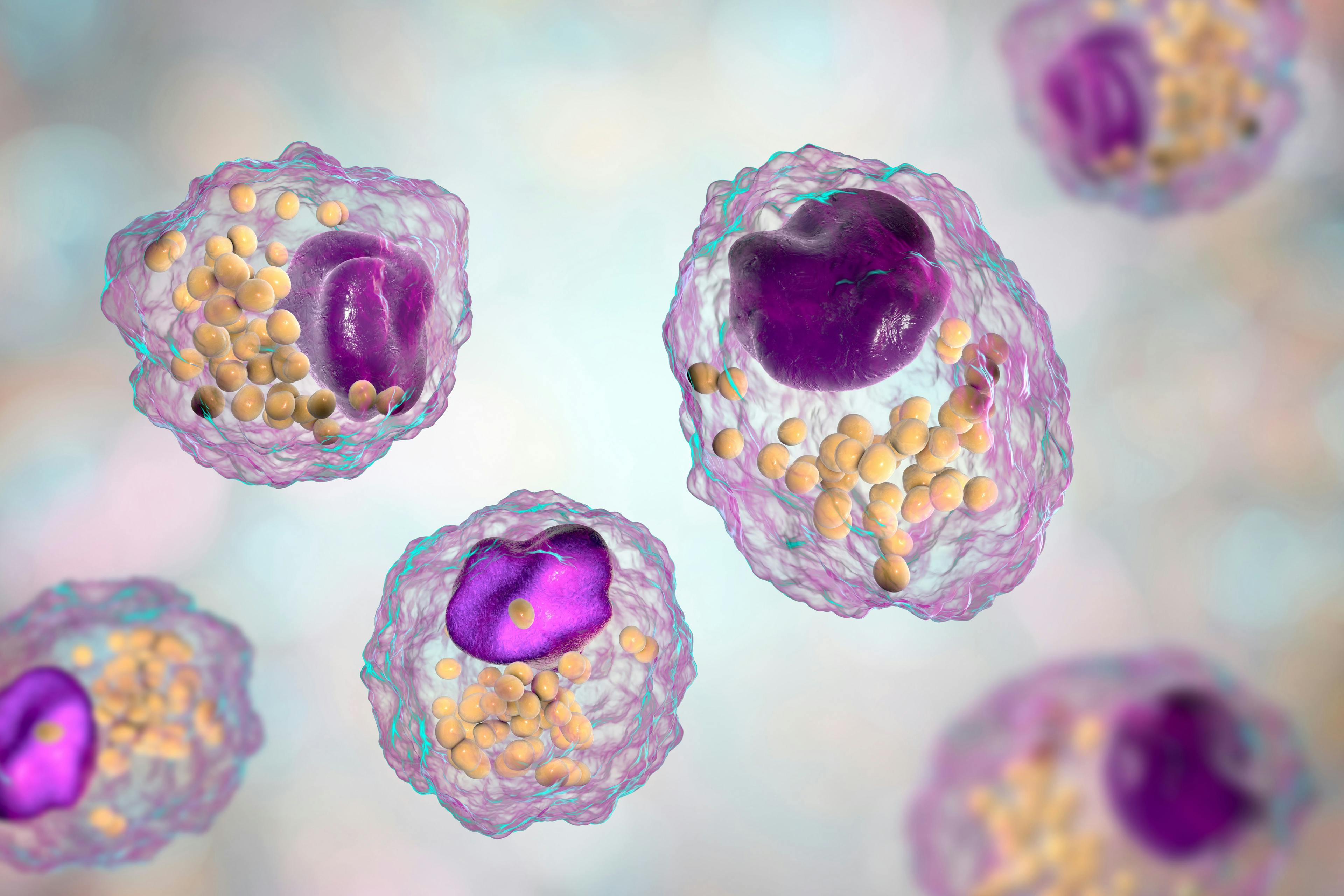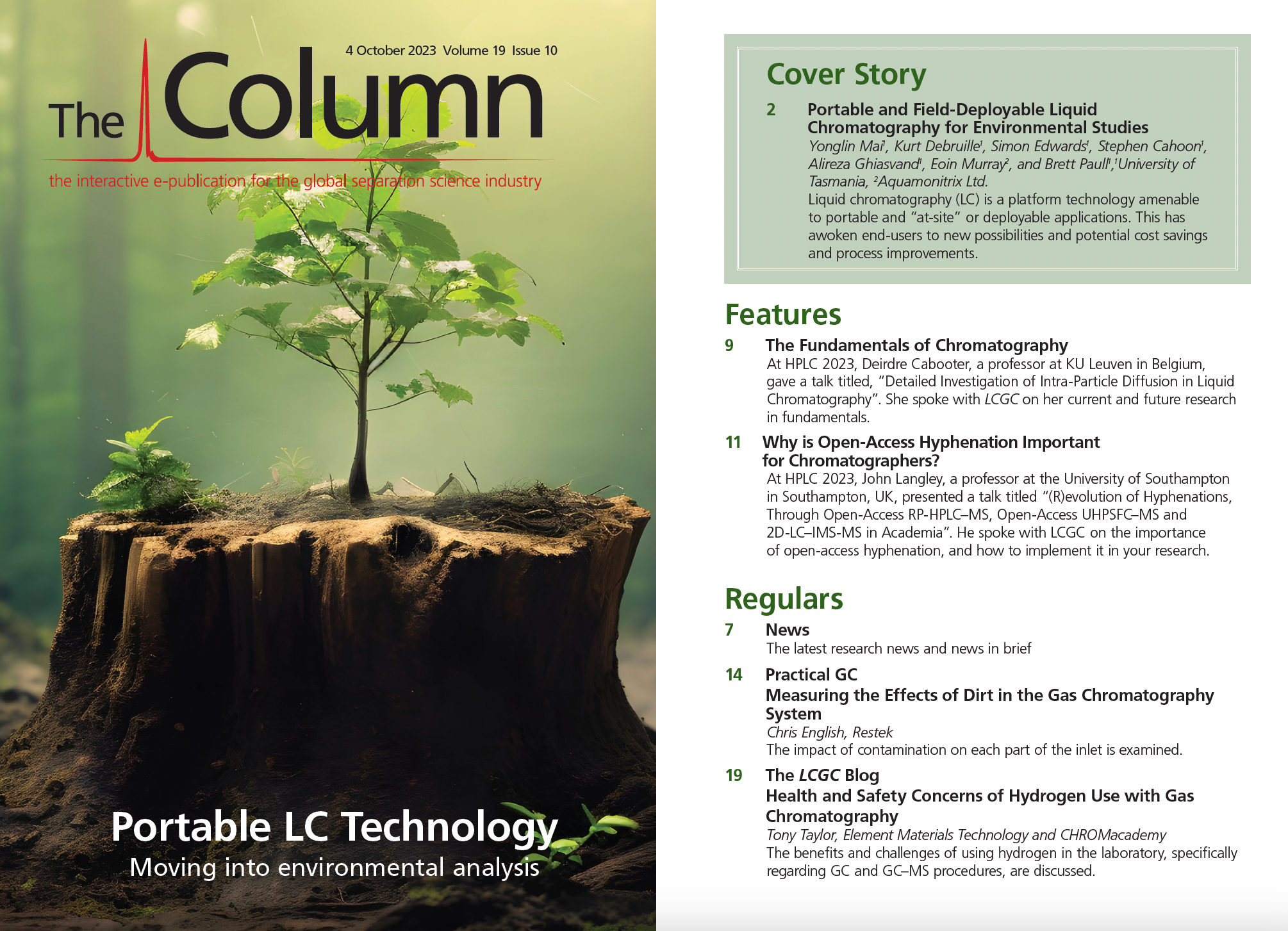Astrea Bioseparations Expands North American Facilities
Astrea Bioseparations (Cambridge, UK) has announced that it has expanded its manufacturing and warehousing capabilities in the US.
Team integration into a company. Joining specialists and professionals. Employment hiring workers. Human resources. New experience. Personel growth. Management appointment. New members | Image Credit: © Andrii Yalanskyi - stock.adobe.com

Located in Canton, Massachusetts, the 12,000-square-foot facility will expand the company’s US footprint and increase its workforce up to 9% over an 18‑month period. It will feature cleanroom laboratories for column packing services, offices, warehousing, and column assembly spaces.
“Expanding our presence in the US reflects growing demand for our chromatography products and services to support effective development and production of cutting-edge biologics, including cell and gene therapies,” said Chris Brown, operations director at Astrea Bioseparations. “The new site gives us greater capacity to support new and existing customers by providing innovative and high‑quality products, within market‑leading time frames, as well as offering local technical expertise.”
For more information, please visit: www.astreabioseparations.com

Measuring Vitamin K1 Concentrations in Dogs with Chronic Enteropathy Using LC–MS/MS
May 14th 2025A joint study between the University of Tennessee (Knoxville, Tennessee) and the University of Pennsylvania School of Veterinary Medicine (Philadelphia, Pennsylvania) compared directly measured vitamin K1 (vitK1) concentrations in healthy dogs and dogs with chronic enteropathy (CE) using liquid chromatography tandem mass spectrometry (LC–MS/MS); they also investigated whether supplementation of vitK1 in dogs with CE would significantly increase vitK1 concentrations.
HPLC 2025 Preview: Fundamentally Speaking (Part 2)
May 14th 2025Michael Lämmerhofer from the Institute of Pharmaceutical Sciences, University of Tübingen, Germany, spoke to JFK Huber Lecture Award winner of 2024 Torgny Fornstedt, professor in analytical chemistry and leader of the Fundamental Separation Science Group, Karlstad University, Sweden, about his pioneering work in high performance liquid chromatography (HPLC) with a focus on fundamentals, ion-pair chromatography, and oligonucleotide applications.

.png&w=3840&q=75)

.png&w=3840&q=75)



.png&w=3840&q=75)



.png&w=3840&q=75)












